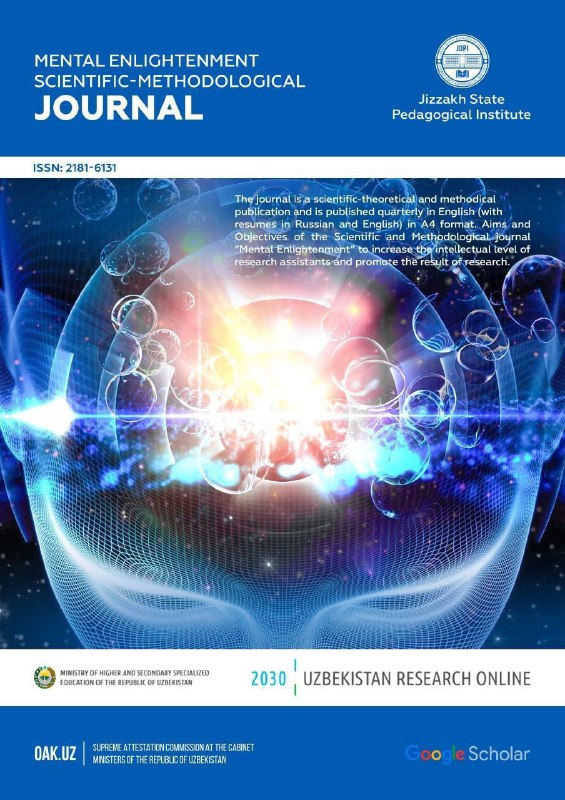Аннотация
The present paper aims to examine the major challenges and issues that female workers of hospitality industry face during their carrier ladder and work time in Uzbekistan. A number of studies has been done about this problem, however all of them are from the perspective of general managers or they differentiate the performance of men and women by their ability, communication skills and dedication. The primary purpose of this undertaken study is to find out the opinion of female staff towards problems related to their job. To analyze the equity of female workers in lodging industry demographic data was gathered and a sample was selected from different position owners of the industry in order to conduct a questionnaire. Twenty women were interviewed face-to-face and the records’ transcript were made to evaluate the problems.
Как цитировать
Библиографические ссылки
. Baum, T. (2013). International perspectives on women and work in hotels, catering and tourism.: Retrieved from: http://www. ecommons.cornell.edu
. Brownell, J., & Walsh, K. (2008). Women in hospitality. School of Hotel Administration. Collection at Scholarly Commons, 107-128.
. Brownell, J. (1993). Women hospitality management: general managers’ perception of factors related to career development. International Journal Of Hospitality Management, 13(2), 101-117.
. Greenhaus, J. H., and Allen, T. D. (2011). Work–family balance: a review and extension of the literature. Handbook of Occupational Health Psychology. American Psychological Association, 165–183. doi: 10.2307/j.ctv1chs29w.14management.
. Mustafoyev, G. (2020). The impact of internal tourism consumption on female employment, and tourism demand analysis: case of Uzbekistan. Economics and innovative technologies, 3. Retrieved from: https://uzjournals.edu.uz/iqtisodiyot/vol2020/iss3/3
. Mushfiqur, R., Mordi, C., Oruh, E., Nwagbara, U., Mordi, T., & Turner, I. (2018). The impacts of work-life-balance (WLB) challenges on social sustainability: the experience of Nigerian female medical doctors. Employee Relations, 40(5), 868–888. doi: 10.1108/ER-06-2017-0131
. Shrestha, B. (2016). Barriers for Women in Career Advancement in the Hospitality Industry: A Review of Literature. MBA Student Scholarship 52, 1-13.
. Liu, T., Gao, J., Zhu, M., & Jin, S. (2021). Women's Work-Life Balance in Hospitality: Examining Its Impact on Organizational Commitment. Frontiers in Psychology,12.Retrieved from: https://www.frontiersin.org/articles/10.3389/fpsyg.2021.625550/full
. Wong, S., & Ko, A. (2009). Exploratory study of understanding hotel employees' perception on work–life balance issues. International Journal Of Hospitality Management, 28(2). doi: 10.1016/j.ijhm.2008.07.001
https://www.opendemocracy.net/en/odr/uzbekistan-gender-ineaulity-violence-en
Авторы
Zarniso Aktamova
Urgut Branch of Samarkand State University named after Sharof Rashidov
Ключевые слова:
gender equality, work and life balance, mentality, education, glass ceiling, financial status.Выпуск
Раздел: Статьи
Copyright (c) 2023 Журнал иностранных языков и лингвистики

Это произведение доступно по лицензии Creative Commons «Attribution-ShareAlike» («Атрибуция — На тех же условиях») 4.0 Всемирная.


